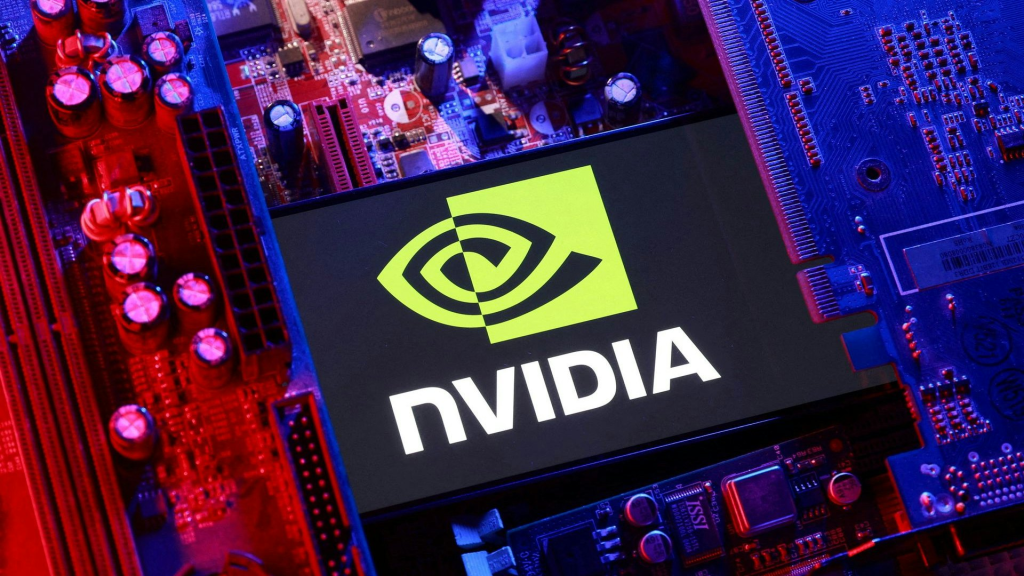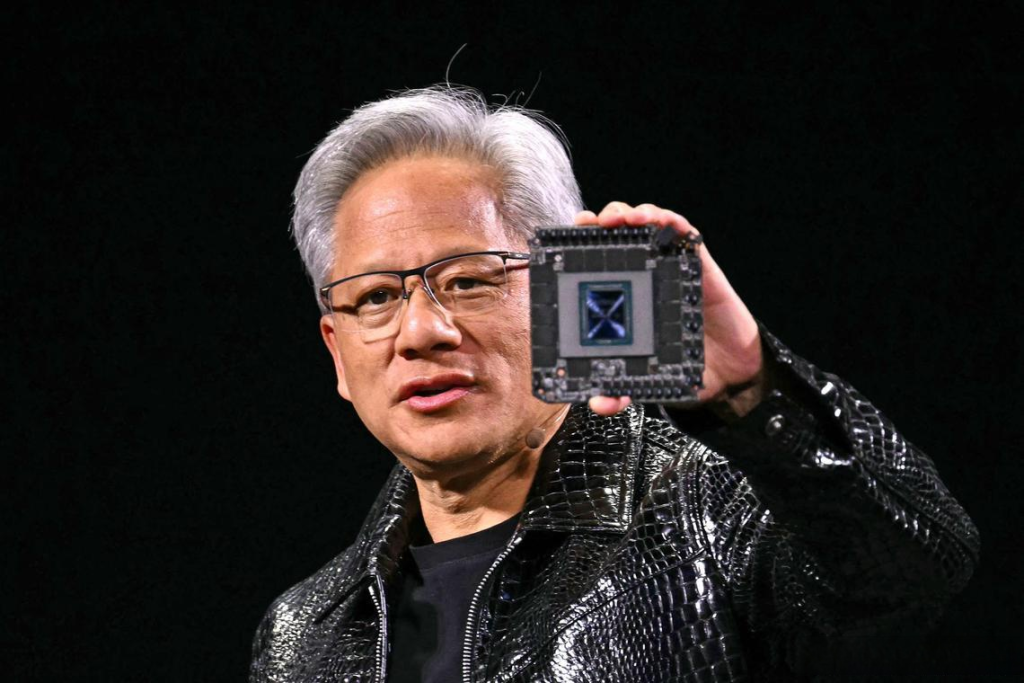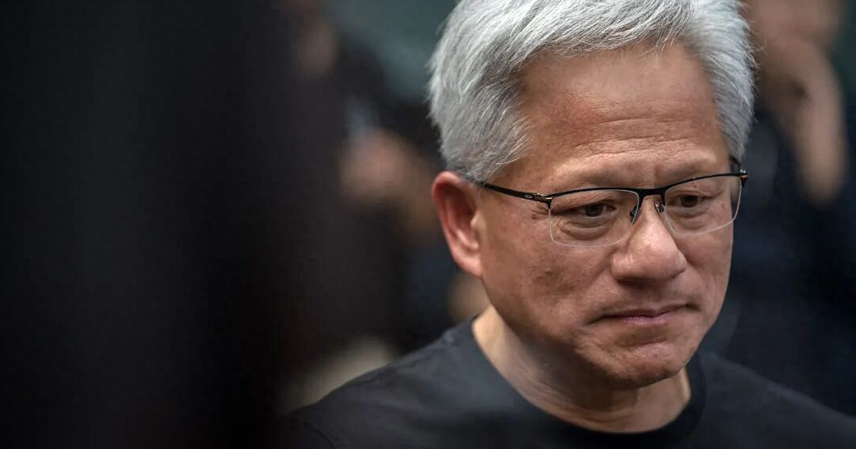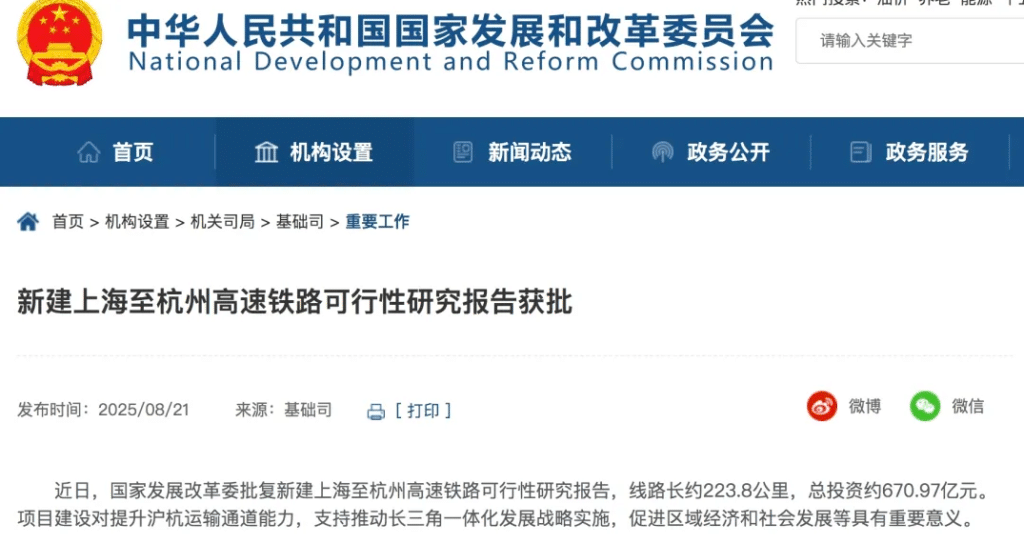Nvidia’s sudden exit from the Chinese market is more than a corporate business decision — it is a reflection of the intensifying U.S.-China technological confrontation. Once dominant in China’s AI chip market, Nvidia is now quietly stepping back, signaling a major shift in the global tech landscape.
Huang Renxun (Jensen Huang), Nvidia’s CEO, wore a nuanced expression under the spotlight — a mixture of frustration and resignation that speaks not just for the company, but for the broader dynamics of global tech strategy.

A Market Shift Driven by Policy
Nvidia’s withdrawal did not happen overnight. For over a decade, China has become one of the most active and demanding AI technology markets, and Nvidia leveraged this growth to embed its high-performance GPUs across research, industry, and internet applications.
AI chips, often called the “new oil” of the information age, were effectively controlled by Nvidia. However, U.S. export restrictions began to reshape this reality. Initially targeting specific high-performance GPUs, these restrictions gradually expanded, leaving Nvidia’s China strategy increasingly constrained.
Despite attempts to circumvent these limits with custom products, Nvidia could not fully comply without violating policy boundaries. The company’s dominant market share in China rapidly eroded — a loss driven not by competition but by regulatory pressure.
Huang Renxun repeatedly warned that these restrictions are a double-edged sword, remarking that “harming China will ultimately hurt the United States.” For Nvidia, losing China is not just a financial setback; it threatens the company’s presence in one of the most significant AI markets globally.
China Accelerates Self-Reliance
China has not slowed its tech development in response. On the contrary, the country is accelerating domestic AI chip development, computing infrastructure, and independent architecture research.
From chip design to instruction sets and low-level optimization, Chinese firms are building a self-contained technical ecosystem. While Nvidia’s high-end GPUs are not fully replaceable in the short term, the trend toward indigenous solutions is irreversible.
Globally, other semiconductor powers — including Europe, Japan, and South Korea — are also reevaluating reliance on U.S.-made products, emphasizing supply chain security and domestic capability.

Reshaping the Global AI Supply Chain
Nvidia’s withdrawal reflects a broader restructuring of the AI industry. Policy-driven restrictions compel China to identify alternative solutions, forcing a shift from reliance on foreign high-end chips to domestic innovation.
This transformation moves the global AI ecosystem from a model prioritizing efficiency to one prioritizing security and autonomy. Nvidia’s technology remains leading-edge, but its market mobility is no longer unrestricted.
Technology Competition Is Not Zero-Sum
Huang’s remark is more than a statement of regret — it is a warning about the changing global tech landscape. In areas like AI and semiconductors, unilateral suppression is often counterproductive, spurring rivals to accelerate independent innovation.
China’s forced self-reliance will likely drive long-term industry upgrades. Historical examples in communications, manufacturing, and internet technology show that innovation under pressure can yield strategic advantage.
The future of U.S.-China tech competition will not be determined by individual corporate exits or bans. Instead, the true differentiator will be which side can develop robust, self-sufficient capabilities across the supply chain, ecosystems, and technological infrastructure.
Huang Renxun’s expression may tell the story more clearly than his words: he sees not only Nvidia’s loss but a broader global transition.

Globalized tech collaboration is fragmenting under geopolitical pressure, and once-unimpeded technology flows are now heavily regulated. Nvidia’s exit from China is both a marker and a signal — reminding tech companies that even leading-edge technology and popular products can fall victim to policy constraints.
In this evolving landscape, strategic resilience and ecosystem robustness define the winners. Ultimately, the power to set rules is the ultimate prize in this high-stakes game.
References
- Huang Renxun, “Nvidia’s China Market Share Drops from 95% to 0%,” The Paper, 2025-10-17
- Huang Renxun, “Nvidia’s Market Loss in China and Global Tech Implications,” Yicai Global



